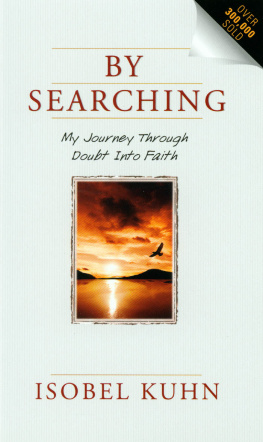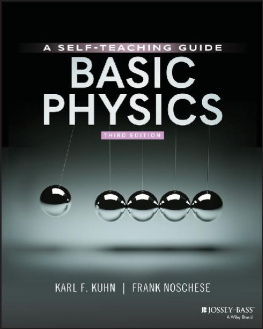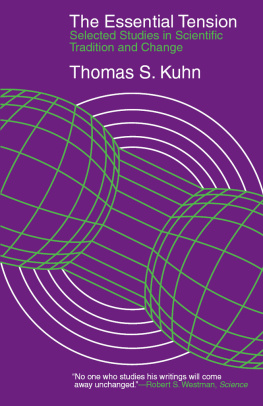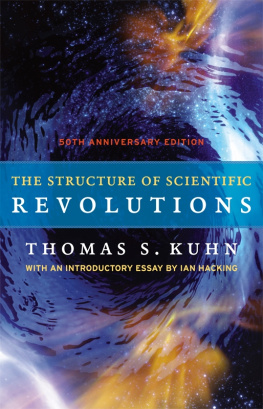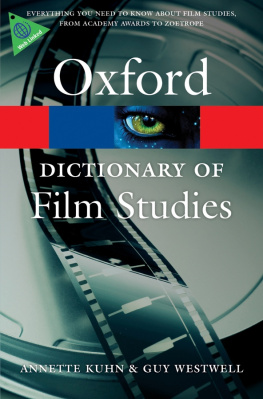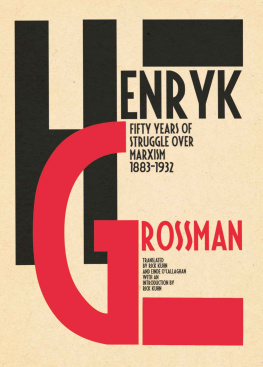Acknowledgements
This book presents social thought about " Contributions to Alternative Concepts of Knowledge " with contributions from social scientists across the world reflecting on the contemporary social sciences, in particular on alternative concepts of knowledge, social thought initiated by discourses on three WorldSSHNet events:
The thinkshop about " Multiple Epistemologies - Science and Time - Science and Space - Science and Culture - Science and Society " , h e ld at Universi d ad Iberoamericana , Mexico City, Mexico, 22 23 February 2013, funded by the Wenner Gren Foundation ,
T he thinkshop about " The global social science world - beyond the 'Western' universalism", h e ld at and funded by the University for Applied Sciences, Zwick au, Germany, 27 29 September 2013 ,
T he WorldSSHNet panel on the " Eight h Congress of the International Asian Philosophical Association " , h e ld at the Sleyma n Demirel University in Isparta , April th to May rd 2016 .
This book publishes the papers resulting from the discourses on these events and disseminates them to invite last but not least those academics who could not participate in our events but who can thus join these controversial debates.
The editors of this book want to take the opportunity to thank all participants of the WorldSSHNet activities , those who contributed papers to the events, those who contributed chapters to this book and all others who contributed in several other ways to our thinkshops and thus also supported the publication of this book.
We gratefully acknowledge the editorial and financial contributions of Professor Michael Christie, of the Northern Institute, Charles Darwin University, Northern Territory, Australia.
As a funding organisation that goes beyond pay ing lip service to the issues of inter-disciplinary and inter-national social science activities, but really support s them, we wish to express our gratitude to the Wenner-Gren Foundation for funding our thinkshop in Mexico City.
We, the editors, consider this book not as the end, but as another point of departure for further controversial debates and would like to take this opportunity and invite readers to contribute to the continuation of these conversations with their critical comments.
Those who are interested in the WorldSSHNet may visit our www: http:// www.worldsshnet.org /
Michael Kuhn and Hebe Vessuri
Chapter 1 :
The misery of defining what scientific knowledge is and what not
Michael Kuhn and Hebe Vessuri
This book publishes contributions to the debate about alternative concepts of knowledge and it does this with an implicit question mark, in the sense that they are contributions to a controversial debate, both with regard to what alternative concepts of knowledge are, and to the question compared to which knowledge alternative concepts of knowledge are alternatives.
The European social sciences answer this question with their typical way to discuss any controversial issue as the answer to the question of what one defines what scientific knowledge is and what not and by translating the question what the cognitive nature of alternative knowledge is into the methodological question of what one defines as scientific knowledge; alternative concepts of knowledge are seen as deviating from what the European social sciences define as what scientific knowledge is. What else could a science approach do, that insists that what knowledge is and what it is not, depends on ex ante definitions of its topic, its approach and its methods, and therefore answers the question of what alternative knowledge is, also depending on what one defines ex ante as scientific knowledge and, thus, on what the alternatives to this knowledge are. Just as judging about any social sciences theory must be a matter depending on such ex-ante definitions, choices of both how any object of thinking is approached through meta theories and what the chosen methods for thinking are, the question what is alternative knowledge, is also made a matter of definition. [1]
Though the social sciences approach to theorizing via such ex ante definitions, which allow any contradictory and exclusionary thought as scientific knowledge, would also allow to define any other than the European concept of knowledge as arbitrarily as scientific knowledge, the European approach to sciences has defined that the attributes of what this European approach to science considers as scientific knowledge must be exclusively defined as scientific knowledge. It has thus established this approach to social thought as the scientific reference system against which any other knowledge that does not coincide with the European definitions of what science is, is non-scientific knowledge, as in this sense alternative knowledge.
Such knowledge, deviating from the European definitions, has been earlier labelled and discredited as indigenous knowledge and excluded from the privilege of belonging to those sciences that claim to decide about what scientific knowledge is, no matter what this knowledge is saying. Thanks to a more recent redefinition of what the very European sciences consider as science, the same knowledge has become via the post-colonial discourses by social scientists such as Wallerstein, Gadamer or Foucault a now welcomed approach to knowledge and is since then a contribution to what the European approach to social sciences consider as scientific knowledge. Without ever arguing about what any knowledge tells us about the world, simply because it does now fulfil the new definitions of what the European sciences defined as scientific knowledge. No matter what this knowledge is telling us about the world it now contributes to knowledge. Knowledge is considered as scientific thought or not according to what the European meta-theorists define as knowledge, either excluded or generously invited by thinkers of the European science tradition thinkers from Merton to Foucault to contribute to what the European post war II social sciences define as belonging to the scientific universalism or to what Wallerstein, in his contribution to the post-colonial discourses, defines as the universal universalism, both knowing what knowledge is and what it is not without making any attempt to understand what this knowledge is about.
And this, judging about knowledge without judging about what knowledge says, is only consequent. Since the European social science approach also decided per definition that social sciences cannot create any objective knowledge, they can neither decide about what scientific knowledge is via what the knowledge says, but again via definitions, they may be more exclusive or inclusive definitions.
How else but by definition, of what knowledge is and what it is not, could an approach to social science decide about what alternative knowledge is, an approach which per definitions of social sciences thinking definitions created from Kant via Popper to Foucault also defines the dogma that social sciences can only create relative objective knowledge, relative to the ex ante choices of theories through which social sciences theorize. Hence, any knowledge, no matter what it says, no matter whether it contradicts other knowledge, any knowledge must be accepted as knowledge, as long as it follows the rules the dogmas the European social sciences established via definitions about what counts as scientific knowledge.
Rather than the indigenous forms of knowledge, that the European social sciences once discredited and excluded and then later invited as contributing to what they consider as knowledge, it is this dogmatism of the European approach to social science that discredits them, an approach to science that only knows to decide about knowledge via definitions, definitions not only of what this approach considers as knowledge but also of what it considers as science.


